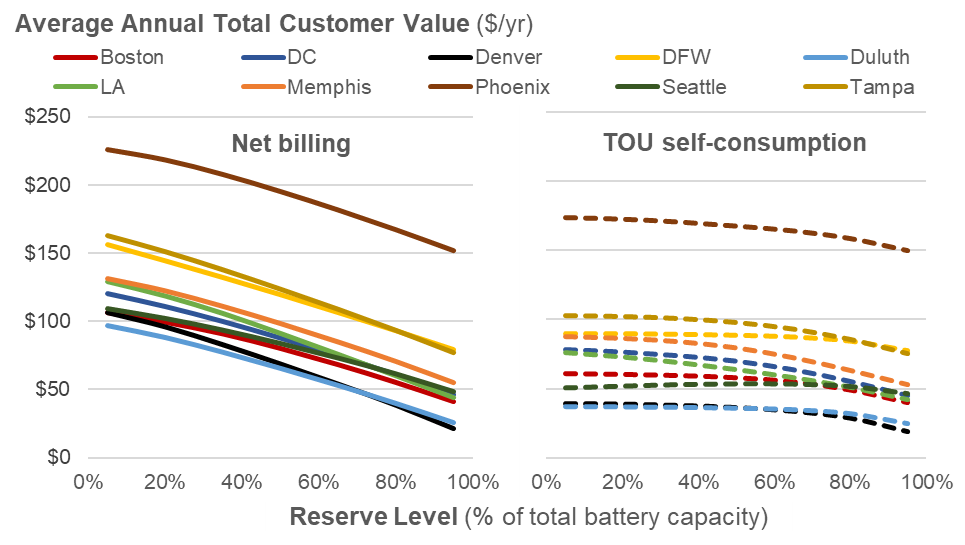Bill Savings vs. Backup Power: Evaluating Operational Tradeoffs for Home Solar+Storage Systems
Introduction
As the adoption of solar+storage systems for homes continues to grow, property owners are increasingly looking for ways to maximize the value of their solar panels. One crucial consideration in this process is understanding the tradeoff between bill savings and backup power for their homes.
Bill Savings: The Primary Goal
For many homeowners, the primary objective of a solar+storage system is to reduce their electricity bill. Solar panels generate clean, free energy, and when combined with a storage system, homeowners can disconnect from the grid during the day and save hundreds of dollars per month on their electricity bills. This can be especially beneficial for households with high energy consumption, such as those with pool pumps, electric vehicle chargers, or inefficient appliances.
How Bill Savings Works
When a solar+storage system is offline, it can still charge during the day and use the stored energy during the night or during a grid outage. This allows homeowners to avoid drawing power from the grid, which reduces their bill. The amount of savings depends on various factors, including:
* System size and capacity
* Energy consumption patterns
* Local utility rates
* Net metering policies
Backup Power: A Critical Consideration for Homeowners
Backup power is an essential aspect of solar+storage systems, particularly for homes located in areas prone to frequent grid outages or natural disasters. A backup power system can provide a safe and reliable source of electricity during a grid outage, ensuring that critical appliances and communication devices remain operational.
How Backup Power Works
A backup power system uses the stored energy in the battery to power the home during a grid outage. This allows homeowners to:
* Continue using essential appliances, such as:
+ Refrigerators and freezers to prevent food spoilage
+ Medical equipment
+ Sump pumps and security systems
+ Communication devices, such as landlines and internet modems
* Maintain power during extended outages, ensuring comfort and safety
Operational Tradeoffs: Bill Savings vs. Backup Power
When evaluating a solar+storage system, homeowners must weigh the benefits of both bill savings and backup power. A system optimized for maximum bill savings may not provide sufficient backup power, while a system designed for backup power may not provide the same level of bill savings.
Factors to Consider
* System size and capacity
* Battery type and capacity
* Inverter technology
* Charging and discharging patterns
* Frequency and duration of grid outages
Conclusion
In conclusion, the choice between bill savings and backup power for a solar+storage system depends on the specific needs and priorities of a homeowner. By understanding the operational tradeoffs and evaluating the pros and cons of each system, homeowners can make an informed decision that suits their lifestyle, budget, and environmental goals.
FAQs
Q: Can I have both bill savings and backup power in a single system?
A: Yes, many solar+storage systems can be designed to provide both bill savings and backup power.
Q: How do I determine the optimal system size and capacity for my needs?
A: A professional solar+storage system assessment or consultation can help determine the best system size and capacity for your home.
Q: Can I use my solar+storage system during a grid outage if I have a smaller system?
A: A smaller system may not provide enough stored energy to last throughout an extended outage, but it can still provide some backup power for a few hours or days.


_2.png?w=150&resize=150,150&ssl=1)
_1.png?w=150&resize=150,150&ssl=1)

_1.png?w=150&resize=150,150&ssl=1)
_1.png?w=150&resize=150,150&ssl=1)
